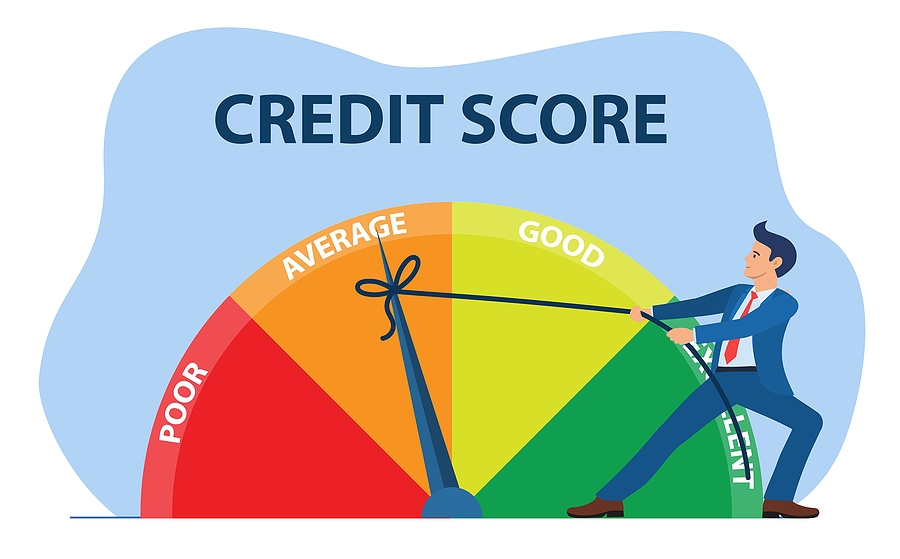Discover what a good credit score is, why it matters, the difference between good and bad credit scores, and how it can impact loans, housing, jobs, and financial opportunities. Learn how to build and maintain a strong credit score today.
Table of Contents
What is Credit Score?
A credit score is a three-digit number that defines your financial credibility. Ranging from 300 to 850, it shows how reliable you are when borrowing money. This number is calculated from your financial history, including bill payments, debt levels, credit utilization, and loan records. Lenders use it to decide whether to approve loans, mortgages, or credit cards.
A high credit score means you are financially trustworthy, while a low score signals higher lending risks. For example, someone who always pays bills on time and keeps debt low will naturally have a higher score. Beyond loans, a credit score influences renting an apartment, job applications, and even insurance premiums. In short, your credit score is your financial reputation, shaping many aspects of your life.
When Can Credit Score Be Said to Be Good?
A credit score is considered “good” when it falls between 670 and 739 on the FICO scale. Scores above 740 are seen as very good or excellent, while anything below 580 is usually categorized as poor. Having a good credit score means you’re managing debts wisely, paying bills on time, and keeping your credit utilization below 30%.
Lenders trust people with good credit scores because they are less risky borrowers. For example, someone with a score of 700 is more likely to qualify for a mortgage with lower interest rates compared to someone with 620. Maintaining a good credit score requires consistent habits like avoiding late payments, checking credit reports for errors, and limiting unnecessary credit applications. A good credit score is the key to affordable credit, better loan approvals, and financial freedom.
Importance of Good Credit Score
The importance of a good credit score cannot be overstated. It affects almost every financial decision you make. With a good score, you can:
- Get lower interest rates on loans, credit cards, and mortgages.
- Secure rentals easily, as landlords prefer tenants with reliable financial history.
- Qualify for better job opportunities, since some employers check credit reports.
- Enjoy lower insurance premiums, as many insurance providers use credit scores in pricing.
A good credit score also provides flexibility in emergencies. For instance, if you suddenly need a loan, your strong credit history makes approval faster and easier. Ultimately, having a good credit score helps you save money, gain trust, and enjoy financial peace of mind.
Good Credit Score vs Bad Credit Score
The difference between a good and bad credit score is life-changing.
- Good Credit Score (670–850): Grants access to lower interest rates, higher credit limits, better loan terms, and more financial opportunities. For example, with a score of 750, you could get a mortgage with a low interest rate.
- Bad Credit Score (Below 580): Signals financial risk, often leading to loan rejections or approval with very high interest. For instance, with a score of 550, you may either be denied a mortgage or offered one at a much higher rate.
A good credit score makes life affordable and opens doors, while a bad credit score limits your choices and costs more. The good news? Bad credit can be improved with consistent habits like timely payments, reducing debts, and monitoring credit reports.
Conclusion
A good credit score is more than just a number—it’s your gateway to financial stability. It impacts your ability to borrow, rent, work, and save money. While a bad score creates financial barriers, a good one opens the door to affordable credit and better opportunities. By adopting smart financial habits, you can build, maintain, and enjoy the benefits of a strong credit score. Read more about credit score on Wikipedia.


